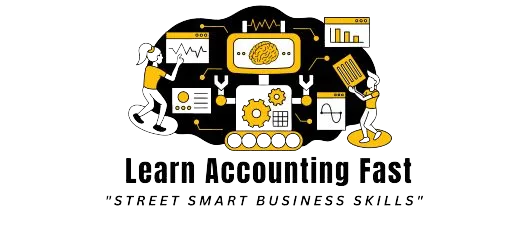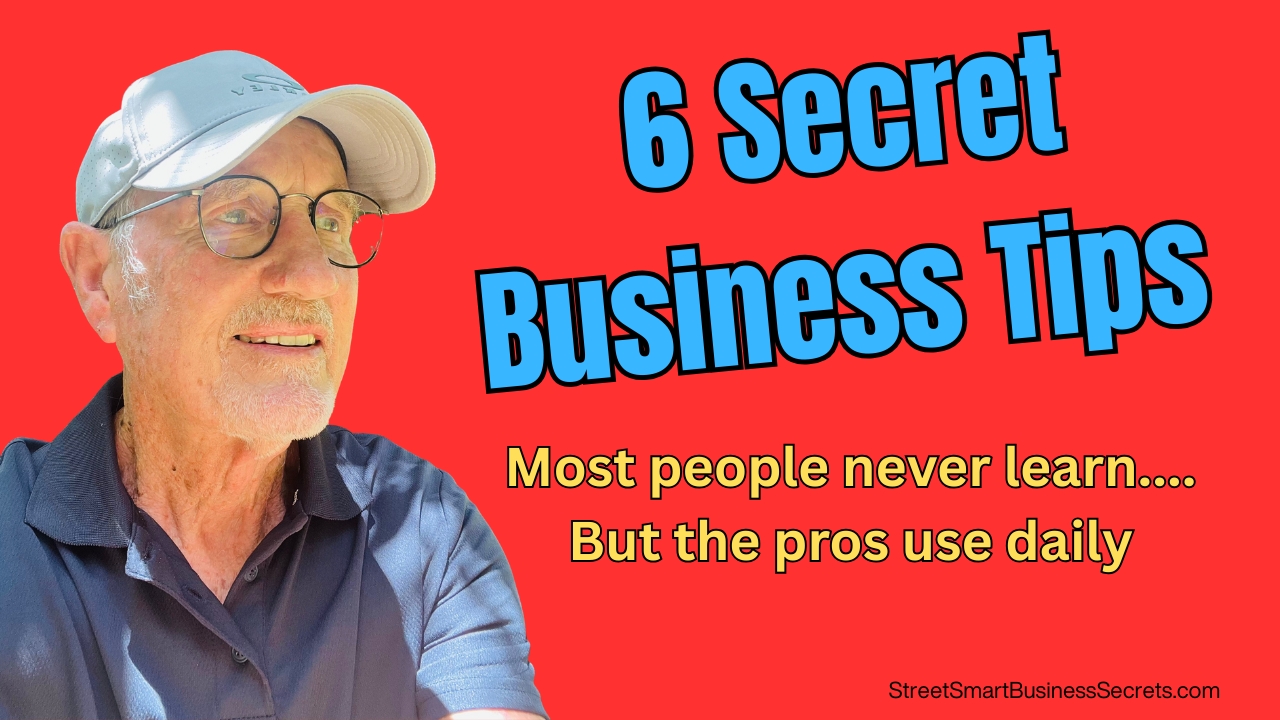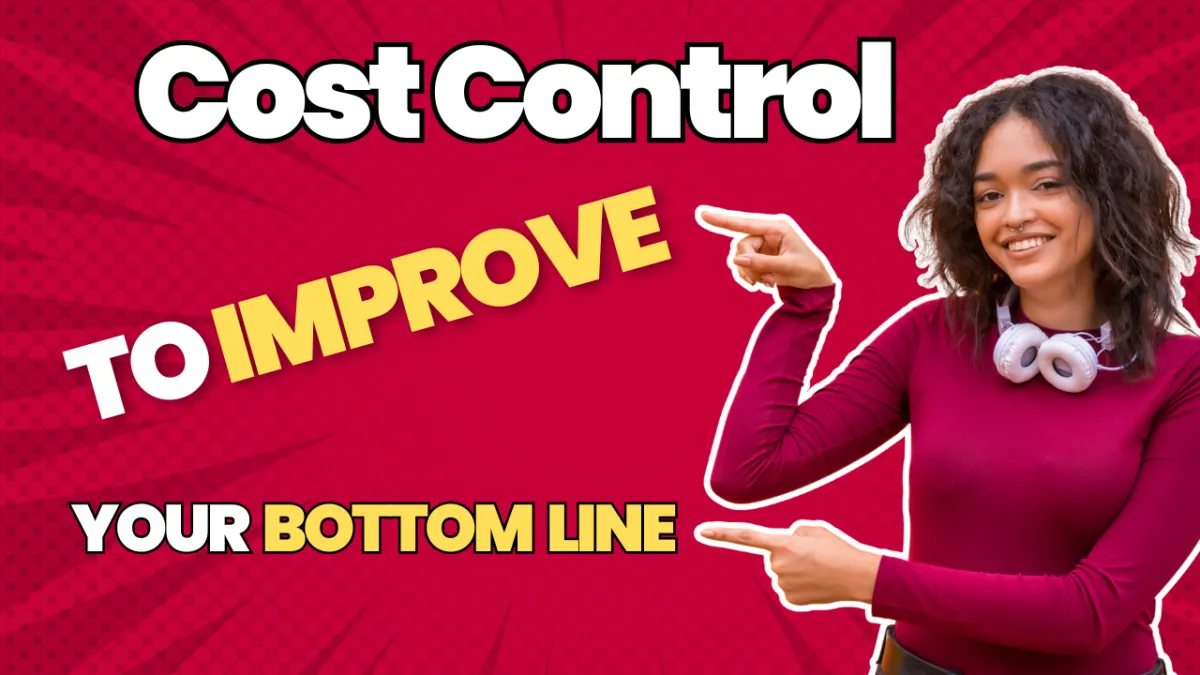How Elite Entrepreneurs Use Economic Moats to Sustain Competitive Advantage
As an entrepreneur, you're constantly seeking ways to stay ahead of the competition. One strategic business practice often utilised by top entrepreneurs is the concept of economic moats.
An economic moat refers to a sustainable competitive advantage that protects a company's market position and profits from competitors. In this blog post, we'll explore the secrets of economic moats and how elite entrepreneurs use them to maintain a competitive advantage.
What is an Economic Moat?
An economic moat is a metaphor coined by Warren Buffett to describe a company's ability to maintain its market position and profits over time.
It's a strategic advantage that makes it difficult for competitors to enter the market or replicate a company's success.
Economic moats can take various forms, including:
Brand recognition and brand loyalty: A strong brand can create an economic moat by making it difficult for competitors to attract customers.
Patents and intellectual property: Unique products or processes protected by patents can create a significant economic moat.
Network effects: Companies with large user bases, such as social media platforms, can create an economic moat by making it difficult for competitors to attract users.
Cost leadership: Companies with a significant cost advantage, such as those with efficient manufacturing processes, can create an economic moat by making it difficult for competitors to match their prices..
How Elite Entrepreneurs Use Economic Moats
Elite entrepreneurs understand the importance of creating and maintaining economic moats to sustain their competitive advantage.

Here are some secrets on how they use economic moats:
Identify and reinforce your economic moat:
Elite entrepreneurs constantly assess their company's economic moat and reinforce it by investing in brand building, research and development, and process improvements. Constant and never ending improvement on their business systems and process’s
This includes:
Brand building: Continuously enhancing the brand's reputation and loyalty through marketing and customer engagement.
Research and development: Staying ahead of the competition through innovation and new product development.
Process improvements: Continuously optimizing business systems and processes to increase efficiency and reduce costs.
By doing so, elite entrepreneurs ensure their economic moat remains robust and effective in protecting their market position and profits.
Create a culture of innovation:
A culture of innovation is a key driver of economic moats. Companies that foster a culture of innovation encourage experimentation, risk-taking, and creativity, leading to the development of new products, services, and processes that competitors can't replicate.
This culture is characterized by:
Encouraging experimentation and learning from failures.
Empowering employees to take ownership of ideas.
Providing resources and support for innovation.
Fostering collaboration and cross-functional teams.
Continuously seeking customer feedback and market insights
Make strategic acquisitions:
Elite entrepreneurs use strategic acquisitions to strengthen their economic moat by acquiring companies that complement their existing business.
This can include:
Expanding product or service offerings.
Gaining access to new markets or customer bases.
Acquiring new technologies or intellectual property.
Enhancing capabilities and expertise.
Eliminating potential competitors.

By making strategic acquisitions, elite entrepreneurs can expand their economic moat, increase their competitive advantage, and drive growth and profitability.
They can also leverage the acquired company's resources, talent, and expertise to create new opportunities and innovations, further solidifying their market position.
Focus on customer retention:
Companies with high customer retention rates create a significant economic moat by building strong relationships and loyalty with their customers.
This makes it difficult for competitors to attract and retain customers, as satisfied customers are more likely to continue doing business with a company that meets their needs and exceeds their expectations.
High customer retention rates also lead to:
Positive word-of-mouth marketing.
Repeat business and referrals.
Valuable customer feedback and insights.
Reduced customer acquisition costs.
Increased customer lifetime value.
By prioritizing customer retention, companies can create a sustainable competitive advantage and protect their market position.
Monitor and respond to competitors:
Elite entrepreneurs stay vigilant and continuously monitor their competitors' moves, identifying potential threats to their economic moat.
They analyze competitors' strengths, weaknesses, and strategies, and respond swiftly to any challenges or opportunities.
This includes:
Tracking market trends and shifts.
Analyzing competitors' product and service offerings.
Identifying potential disruptors and innovators.
Responding to competitive pricing and marketing strategies.
Adapting and innovating to stay ahead.
By monitoring and responding to competitors, elite entrepreneurs can protect and strengthen their economic moat, maintain their market position, and stay ahead of the competition.
Examples of Companies with Strong Economic Moats
Coca-Cola: Coca-Cola's brand recognition and loyalty create a significant economic moat, making it difficult for competitors to enter the market.
Amazon: Amazon's network effects, created by its large user base and efficient logistics, make it difficult for competitors to match its prices and services.
Google: Google's intellectual property and patents in search algorithms and advertising create a significant economic moat, making it difficult for competitors to replicate its success.
By identifying and reinforcing your economic moat, creating a culture of innovation, making strategic acquisitions, focusing on customer retention, and monitoring and responding to competitors, you can create a sustainable competitive advantage that protects your market position and profits.
Remember, a strong economic moat is key to maintaining a competitive edge in today's fast-paced business environment.
Now is the perfect time to invest in your greatest asset - YOUR BUSINESS AND FINANCIAL EDUCATION.
It's time to thrive in these trying times by taking advantage of this opportunity for personal growth.
Be the greatest you can be…
Latest Posts
Prevent Financial
Statement Fraud Using Ai
The 7 internal controls to prevent fraud (and stop financial statement fraud early).These are the “boring” habits that protect smart businesses.
6 Secret Business
Tips
Ever feel like you’re working hard… but the money still feels “mysterious”? But you can’t always tell what’s actually moving the needle?
The Six Laws of
Wealth Creation
The Six Laws of Wealth Creation. These timeless actions work in 2025’s rapid-change environment and give you calm, repeatable steps to grow money.....
How to Read Business
Financial Reports
A Story of Business Secrets Hidden in Reports
Sarah sat in her office staring at a thick folder of financial reports. Sales, costs, cash flow....
The Millionaire
Mind in Action
Timeless Wealth, Flow, and Power from Robert Kiyosaki,Frank Kern, Tony Robbins
and Open Ai......
Why Cost Control Is the Forgotten Key to Profitability
Most entrepreneurs chase sales growth like it’s the only thing that matters.They spend thousands on ads, new products, and fa ncy offices.....
Disclaimer: The content shared on this blog and in these videos is for informational and educational purposes only. Despite my 30 years of experience as a business owner, I am not a certified financial advisor, accountant, or legal professional. The insights and tips shared are based on personal experiences and should not be taken as professional financial or legal advice. For financial, legal, or professional advice, please consult with a certified professional in the respective field. I disclaim any liability or responsibility for actions taken based on any information found in this blog or these videos.
Copyright Learn Accounting Fast - All Rights Reserved 2025









Facebook
Instagram
X
LinkedIn
Youtube